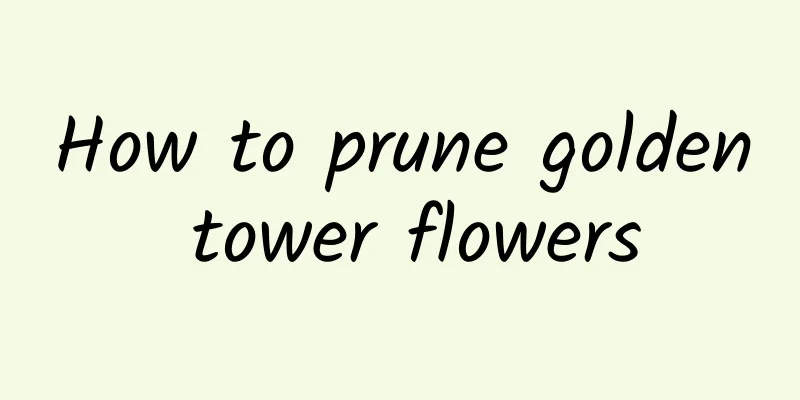Celery pest and disease control

Disease controlCommon diseases: soft rot, soft rot, virus disease, early blight, sclerotinia Soft rot: This disease usually occurs during the transplantation of young celery, or during the growth period after transplantation. When the disease is severe, it will cause celery to rot and emit a pungent odor. Heart rot: This disease can overwinter in the soil and spread to the plants through the soil when they are planted for the next time. This disease is easily caused when the temperature reaches above 36 degrees and below 12 degrees. The most suitable temperature for celery is between 27 degrees and 30 degrees. At the same time, the pathogen can also be spread through watering, insects, etc. Viral disease: This disease mainly attacks the leaves of celery. It also starts with the celery leaves. This disease is mainly caused by excessively high or low temperatures. The disease can be easily triggered when the temperature is between 20 and 25 degrees, coupled with rainy weather and humid air. Early blight: It is the same disease as spot disease. It can occur both in the seedling stage and after it grows into an adult. The main cause of this disease is also due to excessively high temperature and humidity. Sclerotinia disease: Celery can get sick throughout its growing period. The main cause of this disease is excessive temperature and humidity. Prevention and treatment methods: 1. Try to choose varieties with strong disease resistance before planting. 2. Before sowing, soak the seeds in 48-degree warm water for about half an hour. This can effectively prevent and control diseases carried by the seeds before sowing. 3. Apply fertilizers appropriately and remove diseased plants promptly when discovered to prevent their spread. Pay attention to air circulation and avoid moisture. 4. Medicinal sprays are available for prevention and treatment. Pest Control Common pests: aphids, leafminers, diamondback moths, flea beetles, etc. |
<<: Pest Control of Bitter Melon
>>: What to do if there are ants in the flowerpot
Recommend
Cultivation methods and precautions of round-leaf peperomia
Round-leaf peperomia is relatively easy to grow. ...
When is cucumber planted?
Cucumber planting season and time Cucumbers can b...
How to grow Pyracantha
1. Breeding environment 1. Soil: Pyracantha does ...
How to propagate Jade Plants by cuttings
1. Time The time span for cuttings of this type o...
How to grow succulent plants Lianshan peony
Living habits of Lianshan peony The succulent pla...
How many days does cabbage grow?
The growth process of cabbage can be divided into...
Cultivation methods and precautions of Granma grass
1. Soil Grammar grass has low requirements for so...
What does Mimosa look like? Pictures of Mimosa seeds
1. Basic Introduction Mimosa is a perennial herb ...
How to propagate the deer onion (daffodil)
1. Breeding Methods Because under normal growing ...
What is the function of perfume grass
The ornamental effect of perfume grass The plant ...
The difference between four seasons orchid and black orchid
1. Leaf Difference The leaves of the four-season ...
How to propagate Impatiens and what to pay attention to
How to propagate Impatiens The main ways of propa...
How many years does it take for oranges to bear fruit? How long does it take for them to bloom and bear fruit?
Introduction to growing oranges Orange is a relat...
Grape Management Techniques in March
Spring is a critical period for grape sprouting, ...
Can fresh aloe vera be used directly on the face? The correct way to use aloe vera to wipe the face
1. Can I wipe my face directly? 1. Adaptability: ...









